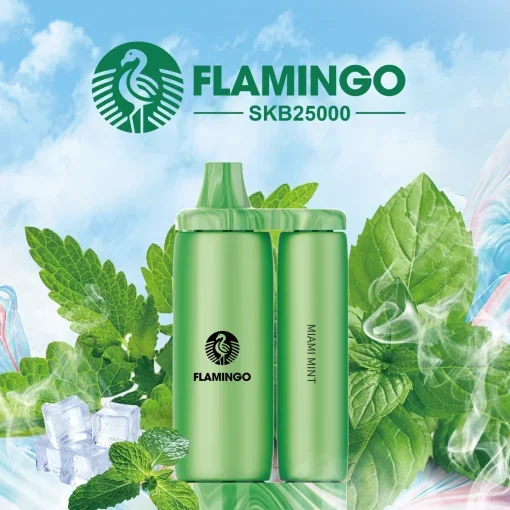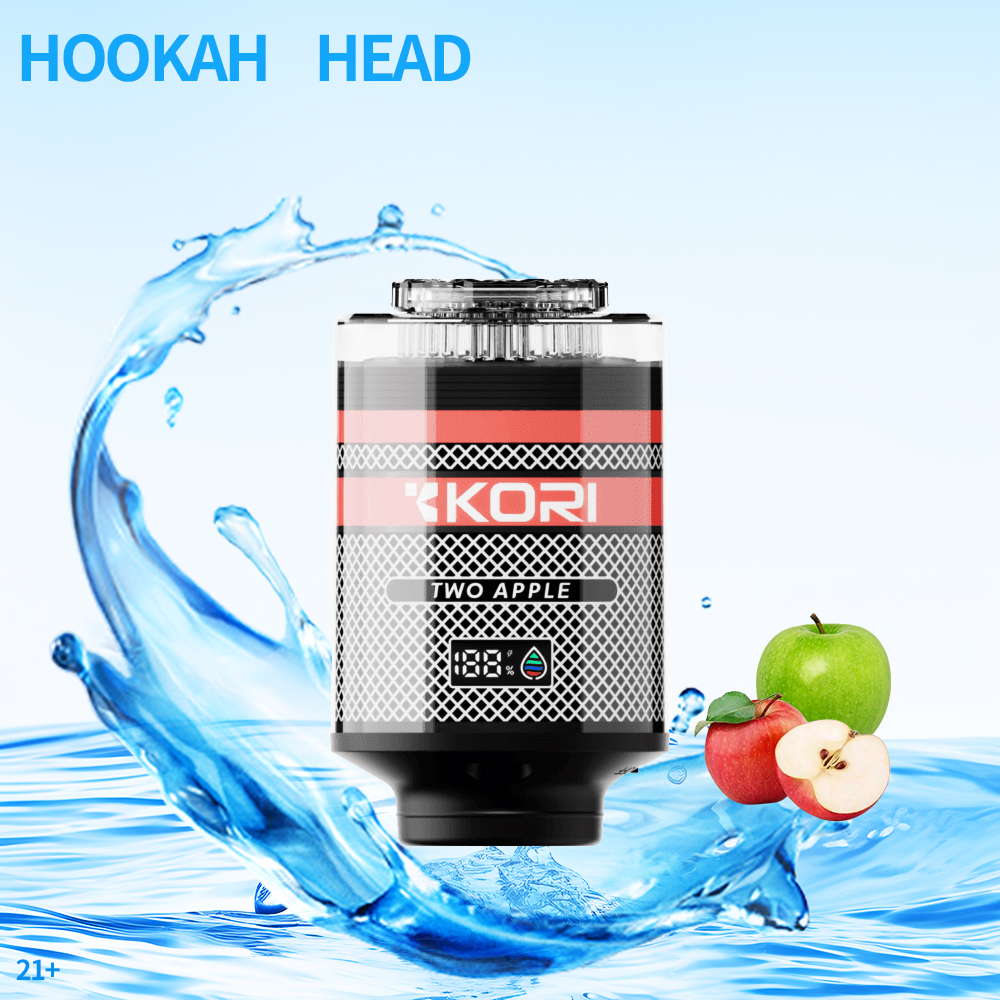The Rise of Vape Shop Raids: Understanding the Regulatory Landscape
In recent years, the vaping industry has faced immense scrutiny and regulatory pressure, leading to a significant rise in vape shop raids across various regions. These raids have raised numerous questions about the legality, safety, and future of vaping products. With the vaping community growing rapidly, it is vital to understand the factors contributing to the increase in enforcement actions against vape shops and how these actions affect both businesses and consumers.
Understanding Vaping Regulations
The vaping industry operates within a complex landscape of local, state, and federal regulations. At the federal level, the Food and Drug Administration (FDA) has initiated regulations to control the sale and distribution of e-cigarettes and vaping products. The implementation of the Tobacco Control Act in 2009 allowed the FDA to regulate tobacco products, including those that are designed for recreational use, like vape products.
One of the critical elements of these regulations is the requirement for manufacturers and retailers to provide accurate labeling and compliance with age restrictions. In many states, the legal age to purchase vaping products has risen to 21, mirroring changes in tobacco legislation. This strict regulatory framework creates a breeding ground for enforcement actions, or raids, particularly against shops suspected of selling to minors or distributing unapproved products.
The Reasons Behind the Raids
Vape shop raids can occur for numerous reasons, often stemming from public health concerns, compliance issues, or even tips received by law enforcement agencies. Some of the driving forces include:
- Health Concerns: The rise in vaping-related illnesses and deaths has put significant pressure on health officials to take action. High-profile cases of lung injury connected to vaping have raised alarms, prompting local governments to increase inspections and raids on shops.
- Unauthorized Product Sales: Many vape shops have been found to stock products that have not received proper FDA approval. Selling unregulated products can attract substantial penalties and result in shop closures.
- Marketing to Minors: A significant focus of vape shop raids has been on preventing shops from selling products to underage individuals. Ensuring compliance with age restrictions is a priority for most regulatory bodies, leading to unannounced checks and raids.
Impact of Raids on Vape Shops
The consequences of vape shop raids can be severe, often leading to immediate inventory seizures, heavy fines, and potential criminal charges against owners or employees. For many small businesses, the financial implications can be devastating. A single raid can not only halt sales temporarily but can damage reputations and lead to the closure of otherwise compliant businesses.
Furthermore, the fear of raids can lead some shop owners to change their business practices. Some may decide to limit the product lines they carry to avoid risk, while others may close their establishments altogether. This creates a ripple effect that diminishes consumer access to products while also fostering a climate of fear around vaping culture.
Consumer Perspectives on Vape Shop Raids
For many consumers, vape shops are not just places to purchase liquids and devices; they are community hubs where like-minded individuals gather to share experiences and advocate for their personal choices. The raids can significantly impact consumer perceptions and behaviors. Consumers may become wary of supporting shops that might be under scrutiny, inadvertently steering them towards unregulated online markets, which could pose greater health risks.
Moreover, adverse consequences arise when consumers feel their choice to vape is being undermined by aggressive regulatory actions. The narrative surrounding vaping often gets muddied, drawing parallels with the tobacco industry despite the differences in products and culture.
Legal Challenges and Advocacy
As vape shop raids have increased, many businesses have sought legal recourse, challenging the regulatory frameworks under which these raids occur. Advocacy groups dedicated to defending vaping rights argue that the strict enforcement is often disproportionate and undermines consumer choice.
In various states, vape advocacy organizations have begun lobbying for clearer regulations, urging lawmakers to establish frameworks that protect responsible business practices while ensuring consumer safety. These efforts often band together former customers who feel that their ability to access safer, less harmful alternatives to traditional cigarettes is under threat.
Future of the Vaping Industry amid Increasing Regulations
The future of the vaping industry will likely hinge on how regulations evolve in response to both public health concerns and the lobbying efforts from advocacy groups. States that took a heavy-handed approach with bans on flavored products are now witnessing a surge in public discontent and calls for balanced legislation. This suggests a potential shift toward a more moderate regulatory approach that permits responsible vaping while addressing health concerns.
As the industry finds its footing, there may also be opportunities for vape shops to innovate and adapt. By actively engaging with governmental bodies and demonstrating commitment to consumer safety, businesses can help shape the discourse surrounding vaping regulations. The cooperation between regulators and the vaping community could lead to sustainable practices that benefit everyone involved, from shop owners to consumers.
Conclusion: Looking Ahead
The landscape of vape shop raids reflects a broader narrative around health, regulation, and personal choice. As we navigate the complexities of the vaping industry, it is crucial to foster dialogue between consumers, business owners, and regulators to create a safe and fair environment for all. Whether through legal challenges, advocacy, or community support, the future of vaping will continue to evolve, all while shaping the perceptions and opportunities within this burgeoning sector.





